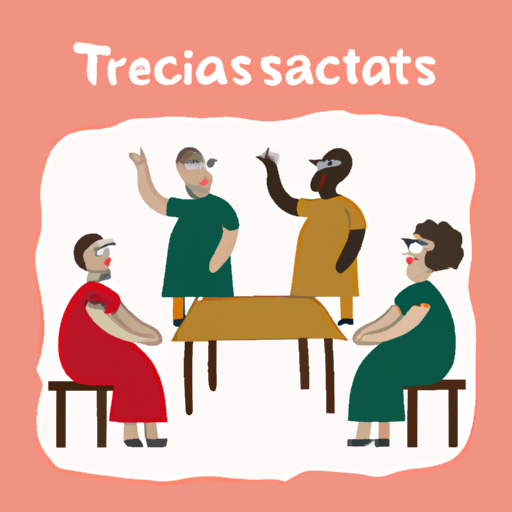
Unlocking Critical Thinking: Exploring Socratic Teaching Method in Education
In today’s rapidly evolving world, it has become crucial for students to possess critical thinking skills. With an abundance of information available at the click of a button, educators are now faced with the challenge of preparing students to navigate and analyze complex ideas effectively. One educational approach that has proven to be highly effective in fostering critical thinking skills is the Socratic teaching method.
The Socratic teaching method, named after the renowned Greek philosopher Socrates, is an inquiry-based method that encourages students to think deeply and critically about a subject. Instead of imparting knowledge directly, the role of the teacher is to facilitate a discussion by asking thought-provoking questions. This method not only enhances students’ understanding of a particular subject but also equips them with the skills to think independently, analyze information, and solve complex problems.
One of the key benefits of the Socratic teaching method is its ability to develop higher-order thinking skills. By asking open-ended questions, teachers challenge students to delve deeper into a topic and examine different perspectives. This approach encourages students to think critically, evaluate evidence, and make evidence-based judgments. Through the Socratic method, students learn to question assumptions, challenge conventional wisdom, and engage in intellectual discourse.
Moreover, the Socratic teaching method promotes active learning and student engagement. Instead of passively receiving information, students actively participate in the learning process. This engagement allows them to develop a deeper understanding of the subject matter and actively contribute to the flow of ideas. The Socratic method also encourages classroom collaboration, as students are prompted to discuss and debate their ideas with their peers. This collaborative environment fosters a sense of collective intelligence, as students learn from one another’s perspectives and develop their critical thinking skills collectively.
By embracing the Socratic teaching method, educators also create a transformative learning experience. Students become active participants in their education, unlocking their potential as independent thinkers. Instead of being mere recipients of knowledge, they learn to question, explore, and discover new ideas. This process develops their confidence in expressing their opinions, defending their viewpoints, and engaging in respectful debates. By challenging students to think critically, the Socratic method transforms education into a dynamic and interactive process that prepares students for real-world challenges.
Furthermore, the Socratic teaching method nurtures creativity and problem-solving skills. Through the practice of asking and answering questions, students are encouraged to think creatively and develop innovative solutions. The Socratic method prompts students to connect different ideas, challenge existing knowledge, and explore alternative possibilities. This ability to think creatively and solve problems is highly valued in today’s rapidly changing job market, as employers seek individuals who can adapt to new situations and think outside the box.
Additionally, by utilizing the Socratic teaching method, educators cultivate lifelong learners. As students become accustomed to questioning and analyzing information critically, they develop a thirst for knowledge that lasts beyond the classroom. This method instills in students the habit of seeking information, evaluating sources, and forming their own opinions based on evidence. By nurturing a love for learning, the Socratic method equips students with the tools to become self-directed learners and adapt to the ever-changing demands of the world.
In conclusion, the Socratic teaching method serves as a powerful tool for unlocking critical thinking skills in students. By encouraging active learning, fostering collaboration, instilling creativity, and promoting lifelong learning, this approach equips students with the essential skills to thrive academically and professionally. As educators continuously seek effective strategies to prepare future generations, embracing the Socratic teaching method can pave the way for a more intellectually engaged and critically thinking society.
















